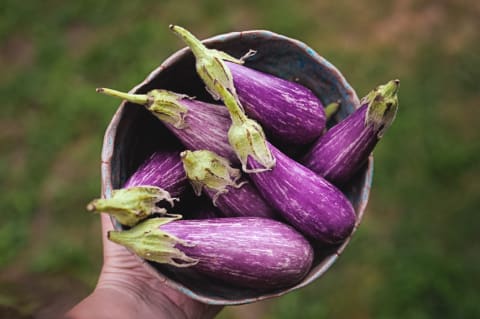—Vincent Pedre, M.D., and author of Happy Gut —Will Cole, D.C., IFMCP, instructor of The Elimination Diet —Eva Selhub, M.D. Most often, I see sugar wreaking havoc on the body’s hormonal system. When we eat sugar, including foods that turn to sugar (like carbohydrates), insulin is released to balance blood sugar by managing where and how glucose is stored in the body. This hormonal response is wonderful for managing the occasional natural sugar or complex carb, but when faced with a diet high in these foods (like the standard American diet), the body is forced to overproduce insulin in an effort to keep blood sugar balanced. When this type of diet is eaten over a period of time, the body can eventually become resistant to insulin, lessening the effects it has on managing blood sugar, and often causing an imbalance with other hormones such as cortisol, progesterone, and estrogen. —Frank Lipman, M.D. and instructor of Master the Art of Detoxing — Joel Kahn, M.D., mbg class instructor and author of Your Whole Heart Solution —Evan Hirsch, M.D. and author of Fix Your Fatigue —Ellen Vora, M.D. and instructor of mbg classes on anxiety and insomnia Milk contains an abundance of IGF-1, which is a growth hormone. Too much causes inflammation and a spike in insulin, which causes the liver to produce even more growth hormone. Excess IGF-1 may lead to increased risk of diabetes and increased triglycerides. Dairy can also cause your skin to produce more sebum or excess oil leading to clogged pores and acne. —Tiffany Lester, M.D., director of Parsley Health SF and creator of The Unconscious Workout Our hormones are so tightly regulated that even a temporary disruption in their production can have drastic effects. Alcohol reduces testosterone production leading to lower energy levels in both men and women, along with decreased fertility in men. It augments insulin secretion causing a deregulation of blood sugar. Regular alcohol use can also increase cortisol levels, triggering more belly fat storage and an inability to deal with everyday stressors. The good news is that even one month sans alcohol can help restore your hormone function back to where it should be. —Meagan Purdy, N.D. —Serena Goldstein, N.D.





